LEASE VS LOAN: which is best for heavy equipment finance?
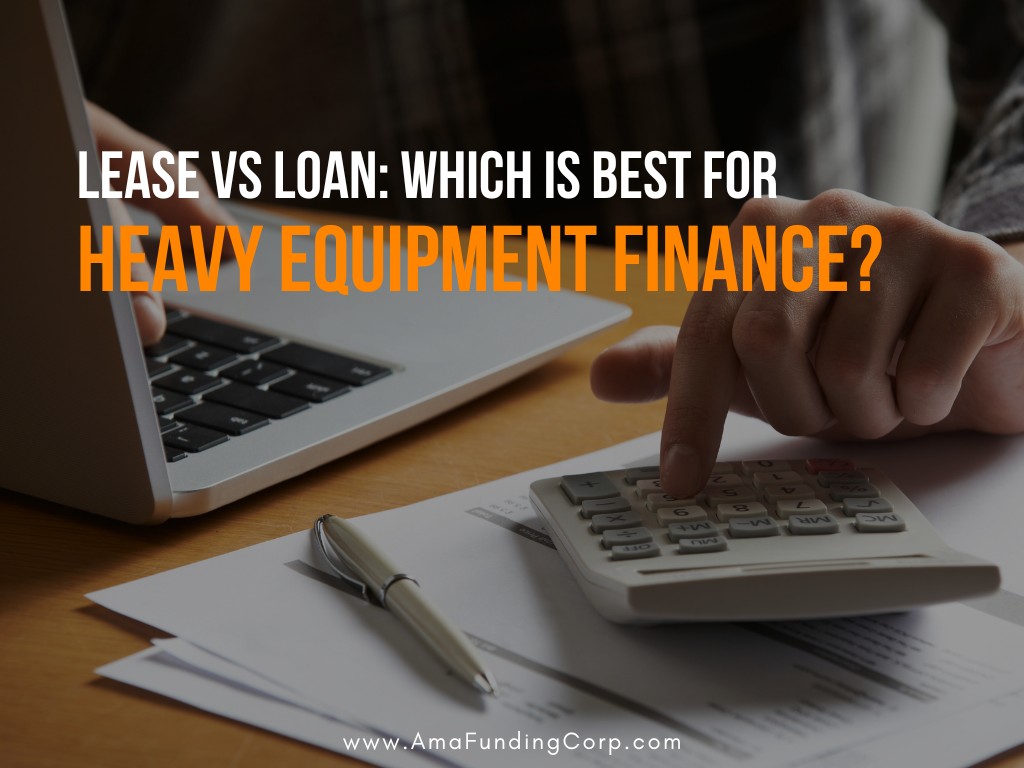
Leasing and loaning are both great ways to get the heavy equipment you want. But which one is best for your needs? Let’s take a look with AMA Funding at the differences between leasing and loaning, and then we’ll tell you which one is right for your business.
1. What is heavy equipment finance?
Heavy equipment financing is a type of financing where the interest rate is based on the value of the equipment being financed. The heavy equipment loan can be used to purchase and finance new or used heavy equipment. This type of financing allows you to finance your projects without having to pay interest on the money that you borrow, as long as you repay it in full within a certain period of time.
2. Popular types of finance
There are a few different types of finance that can be used to purchase heavy equipment.
The first, and most common type of finance, is a lease. A lease is an agreement to purchase a piece of equipment for a set period of time at an agreed-upon price. Leases typically have an option to buy the equipment at the end of the term. The cost of the lease is usually less than what it would cost to buy the equipment outright because you’re paying off part of the purchase price each month instead of buying it all up front.

A loan is another type of financing available for heavy equipment purchases. Loans are typically secured by collateral and will require monthly payments for as long as the loan lasts. Loans typically come with more restrictions than leases do, like being unable to sell or transfer ownership of your purchased property during the duration of your loan.
Finally, there’s direct financing from banks or other lenders. Direct loans are not secured by collateral and therefore don’t require monthly payments but do come with higher interest rates than other options do.
3. Difference between heavy equipment finance
There are two main kinds of heavy equipment finance: receivables financing and capital leases. Receivables financing is when you buy an asset on credit, with payments made as it’s sold over time. Capital leases are similar to receivables financing, except that they last longer and have lower monthly payments than receivables financing.
The main difference between them is how much risk they carry—receivables financing carries less risk than capital leases because you’ll pay off the entire amount at once when the sale happens; however, if you don’t sell enough machines or equipment in time, you could end up paying more than your original purchase price.
While both types of finance are available for heavy equipment purchases, there are some differences between them that should make it easier for you to decide which option works best for your business’ needs.
4. What is a heavy equipment lease?
A heavy equipment lease is a service that allows businesses to buy heavy machinery at a lower price, with little to no down payment. The business then leases the same piece of machinery back to the customer, who pays a monthly fee based on the value of the vehicle. The customer can then use the equipment as they wish and return it when they’re done. Leasing is an alternative to buying because you don’t have to pay all the money upfront, and it gives you access to a variety of options that aren’t available through financing.
5. What are heavy equipment loans ?
Heavy equipment loans are made to cover the cost of purchasing or leasing heavy or large machinery such as bulldozers, backhoes, excavators, cranes and other similar types of equipment. These loans can be secured by collateral such as vehicles or other assets.
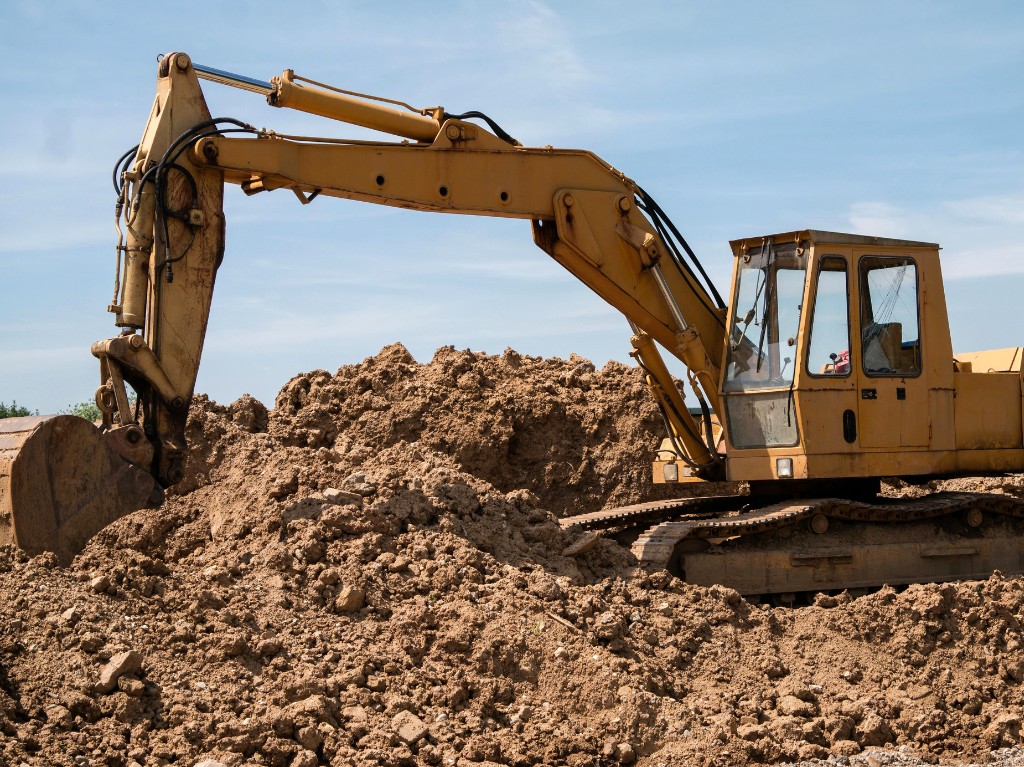
6. Things to note about heavy equipment finance
When it comes to heavy equipment finance, there are a lot of options out there. But which is best for your business?
For one thing, you’ll want to make sure that the company you choose offers some sort of warranty. It can be tempting to go with a company that’s cheaper because they offer less coverage (or none at all), but the last thing you want is to end up paying more in the long run because of something that happened during the term of your loan.
It’s also important to look at the interest rates and fees associated with each loan option. Some companies will charge higher rates or fees because they’re willing to accept fewer restrictions on what they’re willing to do for your business. So remember: if you take out a loan with too many restrictions on how it can be used, you could end up paying more than if you had gone with another company who was willing to work with you more flexibly.
Finally, think about what type of equipment you plan on using the most in your business (and how often) before making any final decisions about which company might be best for you.
Hopefully, the article provides you with a lot of useful information.
Please, Contact us: (click here)
Share:
Related posts
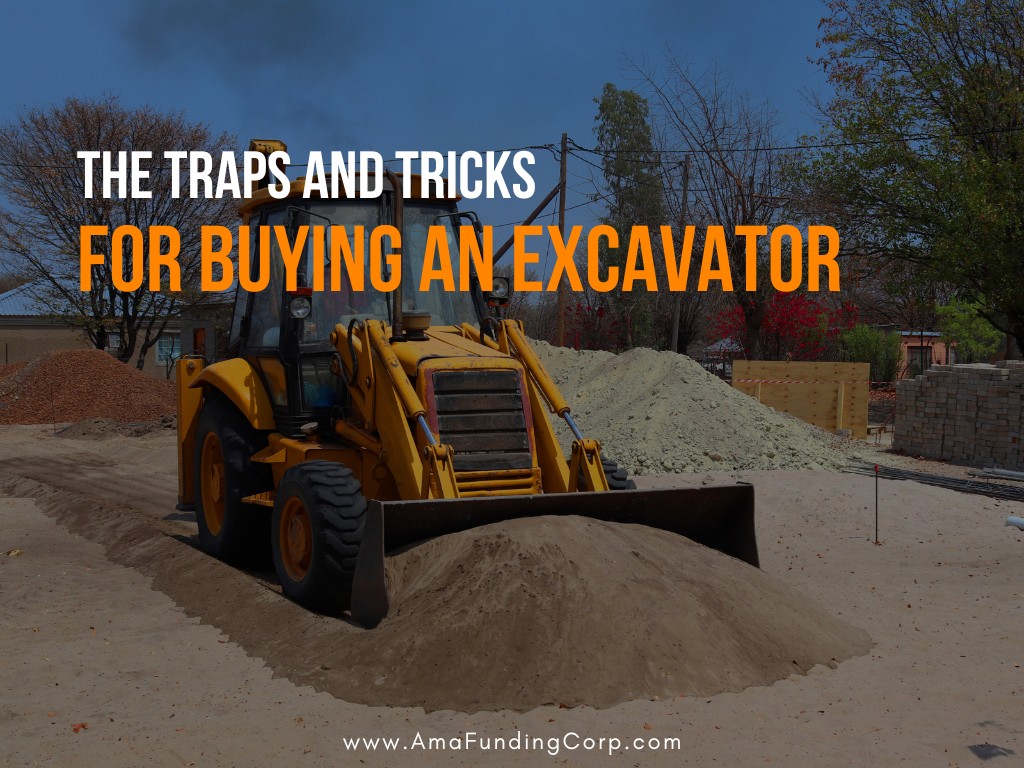
The traps and tricks for buying an excavator
Buying an excavator can be a complicated and expensive process. It’s important to know what to look for when buying an excavator, as well as
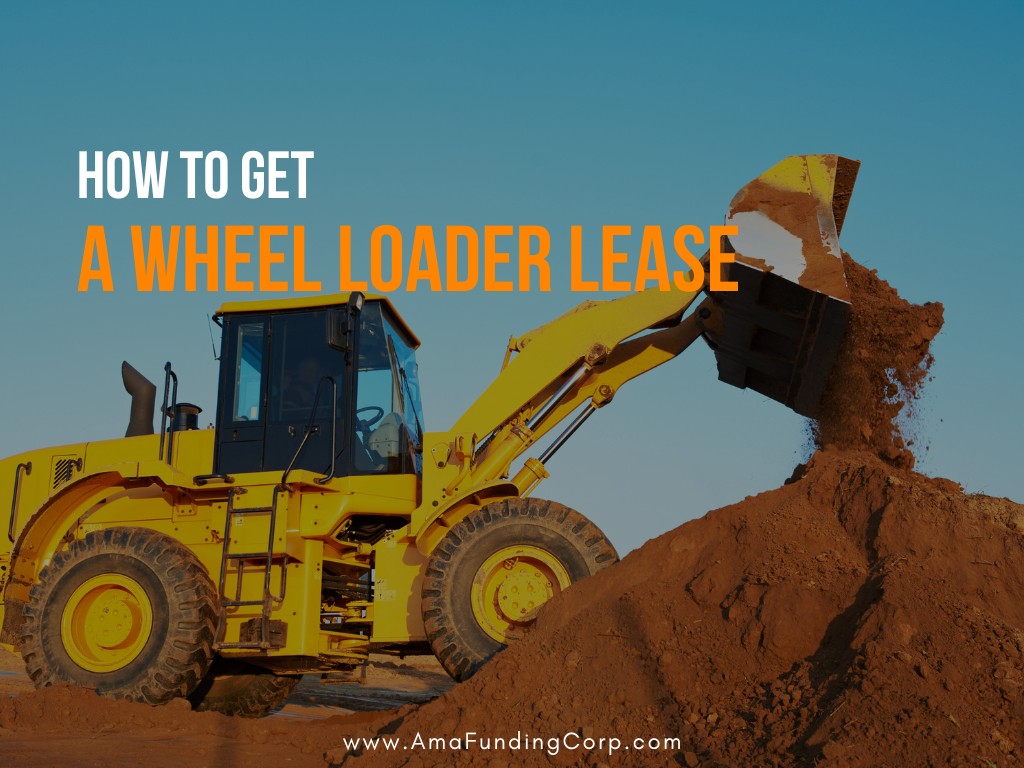
How to get a wheel loader lease
Wheel loaders are the workhorse of the construction world, and they’re still one of the most useful tools in your toolbox. If you’re looking to
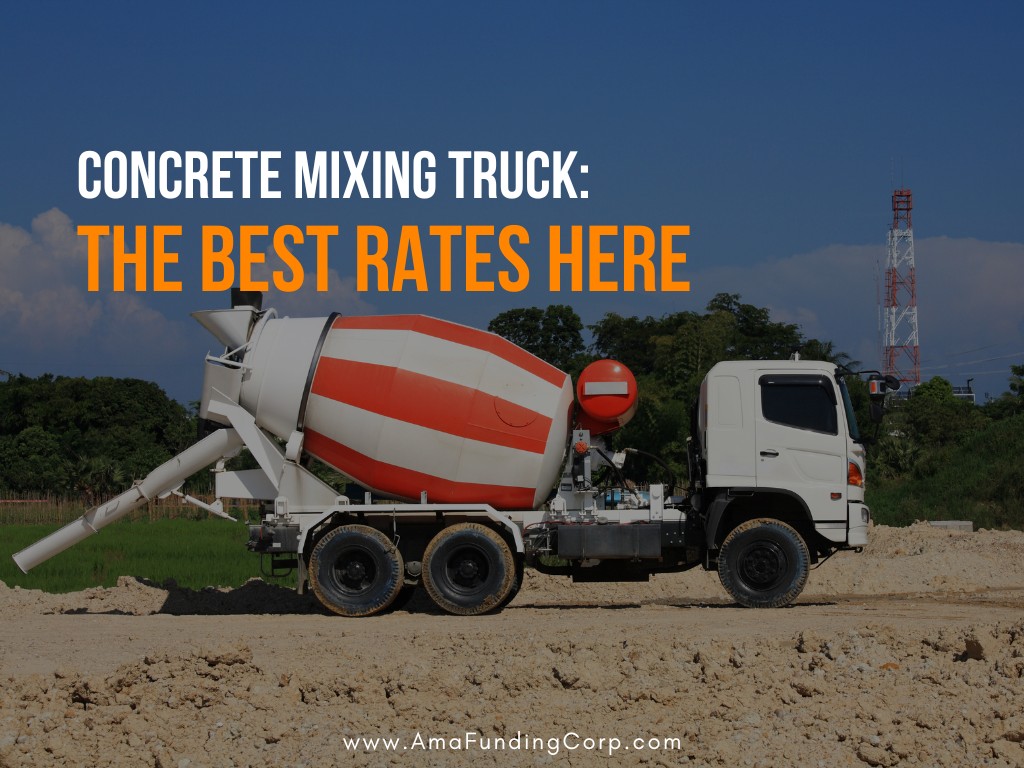
Concrete mixing truck: the best rates here
The concrete mixer truck is a specialized vehicle that helps you mix the concrete for your construction project, and it’s crucial that you use the
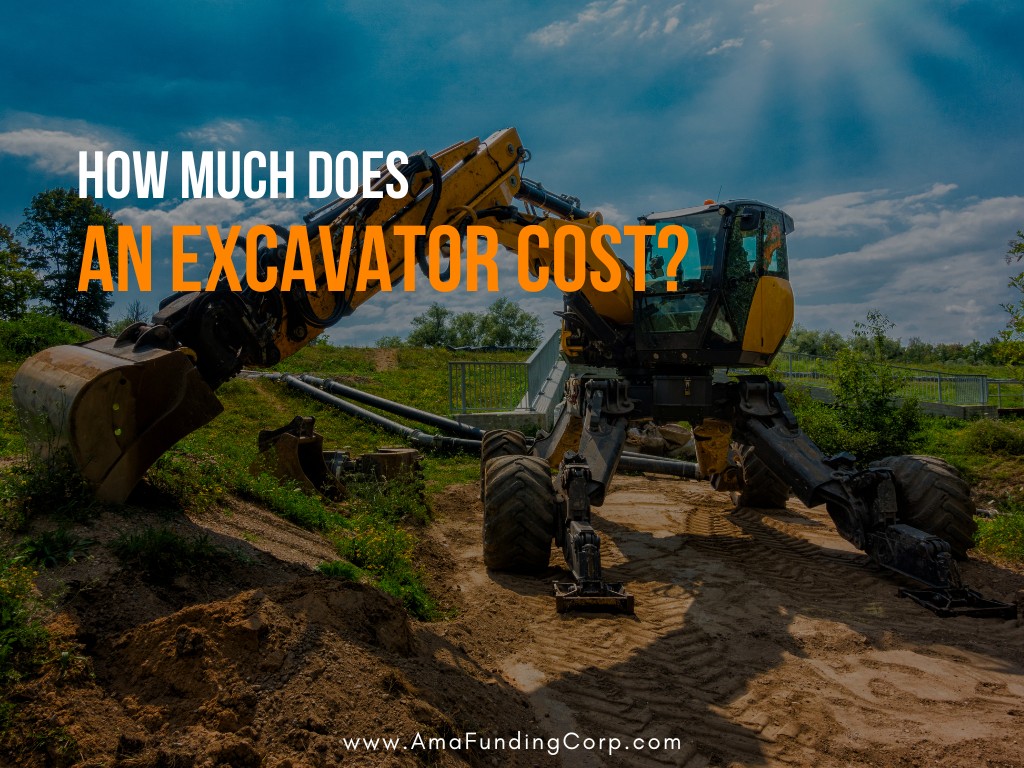
How much does an excavator cost?
Excavators are considered one of the essential pieces of equipment in the construction field. Almost all projects related to the construction field need to use
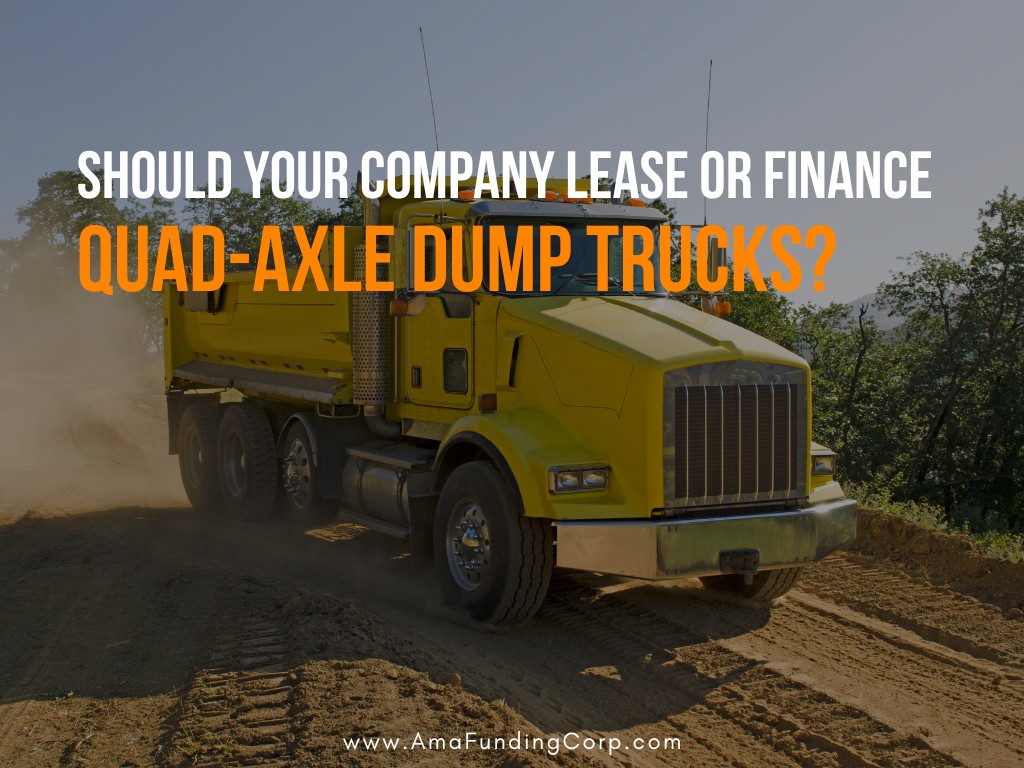
Should your company lease or finance quad-axle dump trucks?
Leasing a quad-axle dump truck is a great way to get your business up and running. If you’re looking for more than just the basics,
